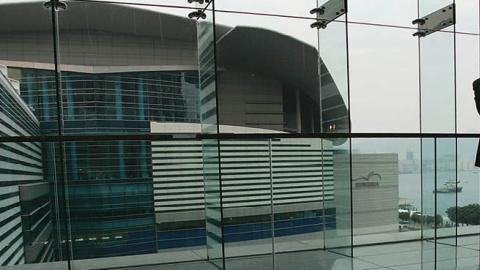What is often labeled the democratic deficit in governance of the European Union (EU) is not a a flaw or bug in its architecture, it is a design feature. From its earliest days in the Second World War’s chaotic aftermath, European integration “was essentially an elite project, pursued at a distance from the daily concerns of the national populations in Western Europe.” Also formed as a response to the economic disintegration following the Depression and World War Two, the General Agreement on Tariffs and Trade (GATT) was similarly removed from national or populist politics. It too was an elite, top-down initiative designed to embed nations in a system of international rules largely articulated by technical experts, enforced by a form of international courts, and far removed from national and populist politics.
Many of the intellectual proponents of both supranational institutions, from the Austrian School of economics, the ordoliberals emerging in early-20th century Germany, to the London School of Economics indeed shared a distrust of American-style democracy, let alone the various parliamentary democracies whose failure led to the disasters of the 1930s and 1940s. Over the last fifty years, the institutions put in place after World War II have been perfected and have, to a certain extent, ossified. Many of the difficulties in achieving greater US-EU economic coordination in the 21st century have their origins in the institutional design and the subsequent early implementation of early European Community rules during the post-war period. A brief overview of the history of European integration, and the political thinking behind it, helps explain the current paralysis in contemporary transatlantic cooperation, including in a joint approach to the challenge of Chinese mercantilism and its growing international reach.

















